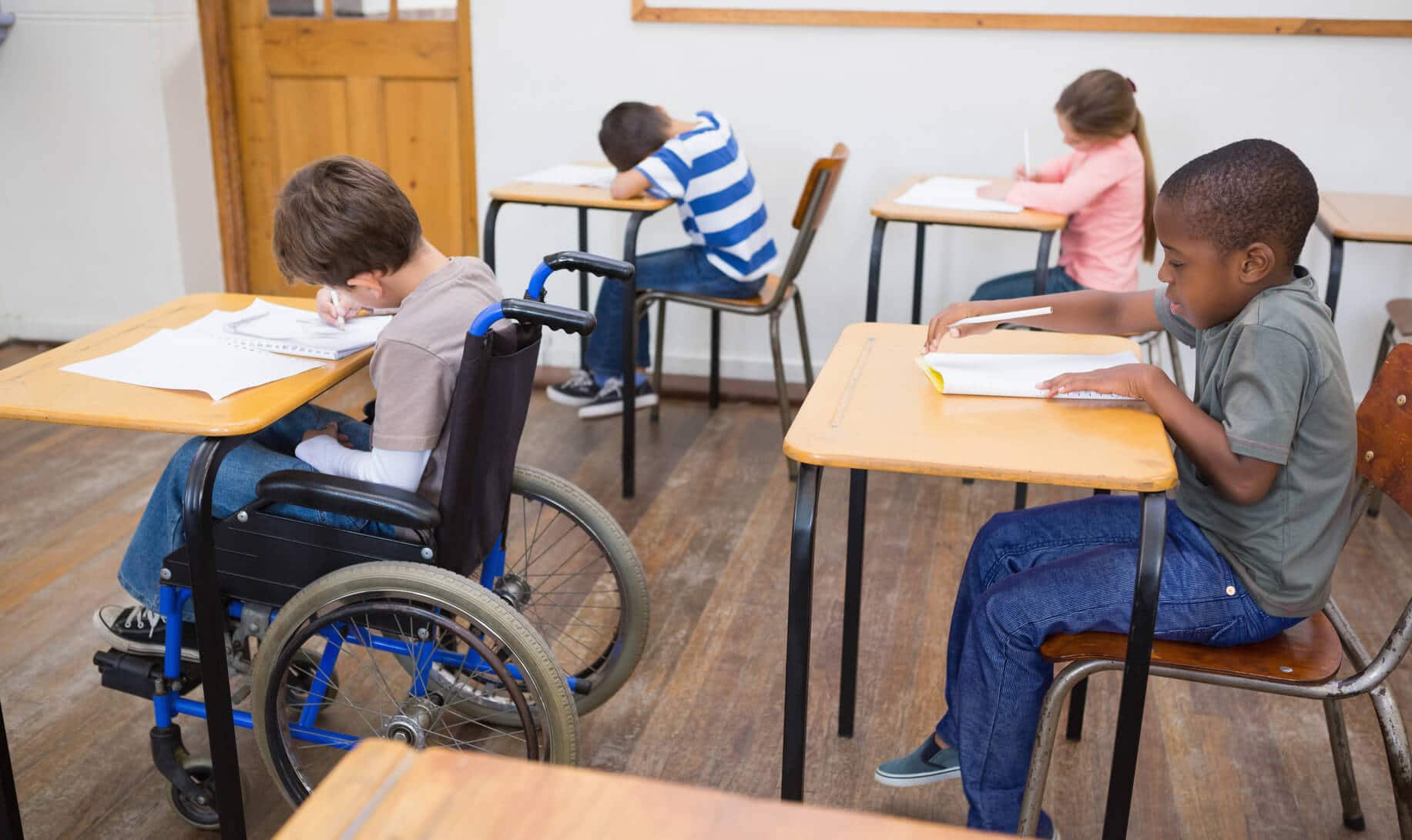
Problems Associated With Segregating Children in Special Schools
Many disabled children attend schools in segregated contexts, including special schools and special classes despite Educators being committed to the basic idea of inclusivity in schools in the “regular” set up in most countries.
Educators in various countries have encountered changes within the educational ideology domains and indicated in education policies. The inclusion evolution has been transformed over the years and has generated a lot of controversies. Segregating children in special schools has posed some challenges as follows.
Social relations
Missed opportunities to build friendships and relationships with children in local mainstream schools and communities.
Special needs students may have challenges in the way they relate with other children and this may affect their social growth. They have problems making friends, connecting with their peers, and understanding their expectations in schools.
Some of them fail to identify social cues, including voice tone and body language. Special kids may speak too much, say inappropriate things or become stiff in their dialogue, making them miss any humorous points.
Special education during COVID-19 has been more challenging in terms of social interactions because children are required to maintain social distance, which means more alienation. They are slow to understand why such protocols are needed. Remote learning may affect the ability of educators to deliver services or accommodate special children.
When the children’s social behavior is off, this can trigger refection from their peers and make them prone to bullying and teasing. Some may even be mistaken to be suffering from autism due to social deficits and awkwardness.
Stigma
According to a UK essay writing service, special education learners and their parents are stigmatized in society. Parents go through various grief stages after their children are classified as needing special education. When children are identified as special, they can be excluded from the regular education schools and classrooms and taken to special schools away from the others.
Parents experience the same stigma as their children. They feel like they are to blame for their children’s conditions or there is something they did not do to them at infancy. Some pupils who are classified as special are different from their peers in terms of learning capabilities and strengths.
When society focuses more on the children’s weaknesses, this can negatively affect those children emotionally and they may fail to identify their strengths. Including weak-based educational programs in special schools instead of strength-based approaches may make the parents feel that the system is outdated or out of touch.
Academic challenges
Special education may entail lowering expectations and this may bring issues at higher education levels. Academic concerns include learning disabilities or difficulties, bullying, lack of proper attention, confusion, time management challenges, and underachievement. These can affect students in their academic careers in elementary schools and colleges.
Academic issues can influence the students’ performance and other areas of their lives, placing unnecessary stress on those children. Instructors and parents who understand the difficulties special children face can identify academic concerns early and deal with them accordingly.
The issue of mindfulness can be an advantage to the child because any academic concerns that go unnoticed may affect the educational outlook of the child. For instance, a child who experiences reading difficulties at elementary schools can consistently underachieve in classwork at high school and college levels. This may also affect the child’s mental health.
Integration challenges
Special needs children may only learn how to interact with their peers and so they may not be exposed to various influences. Due to the education deficiencies in special schools, the integration deficiency affects those children emotionally.
Allowing children to spend time with others apart from their peers can enable them to practice social skills and understand the importance of positive social engagements. However, the fact that such children learn from a different environment means that they are not able to engage with others or easily generalise these skills.
Peer-to-peer interaction is good because it allows children to model skills and behaviors but they fail to gain more exposure due to a lack of interaction with others in the mainstream world.
Regular school transition
It may be a challenge for a child to move from a special school to a regular one because transition may entail social, emotional, and academic adjustment. They may feel out of place and their involved adults will often be resistant to change. Parents have a role to play if there is a need for such a transition. They can plan the transition with the start of a school year.
Apart from feeling out of place, the transition may be challenging because children may feel like they are missing out on a team or activity they are used to. Changing schools means foregoing the activities and groups which most of them are not ready to do.
Parents can support their children by timing the transition to coincide with the start of a school year because most school sports events are settled at this time. If a child loves a specific activity at their current school, a parent could talk to the school faculty and find whether the new school has s similar activity.
Conclusion
Special school placement may allow educators to cater to some of the unique requirements of complex children. However, it comes with challenges of social relations, stigmatization, academic issues, integration problems, and transition challenges. Educators, parents, and policymakers should provide the necessary support to the special needs children to allow them to feel that they can succeed like other children in mainstream schools with support.
Author Bio:
Thomas Jackson is a professional freelance content writer working for the best dissertation writing service and also contributes time to writing clubs in New York as an active member. Besides content writing and editing, he loves writing songs and has been doing so since he was a child. He gets inspiration to write from his family members and friends and live concerts.